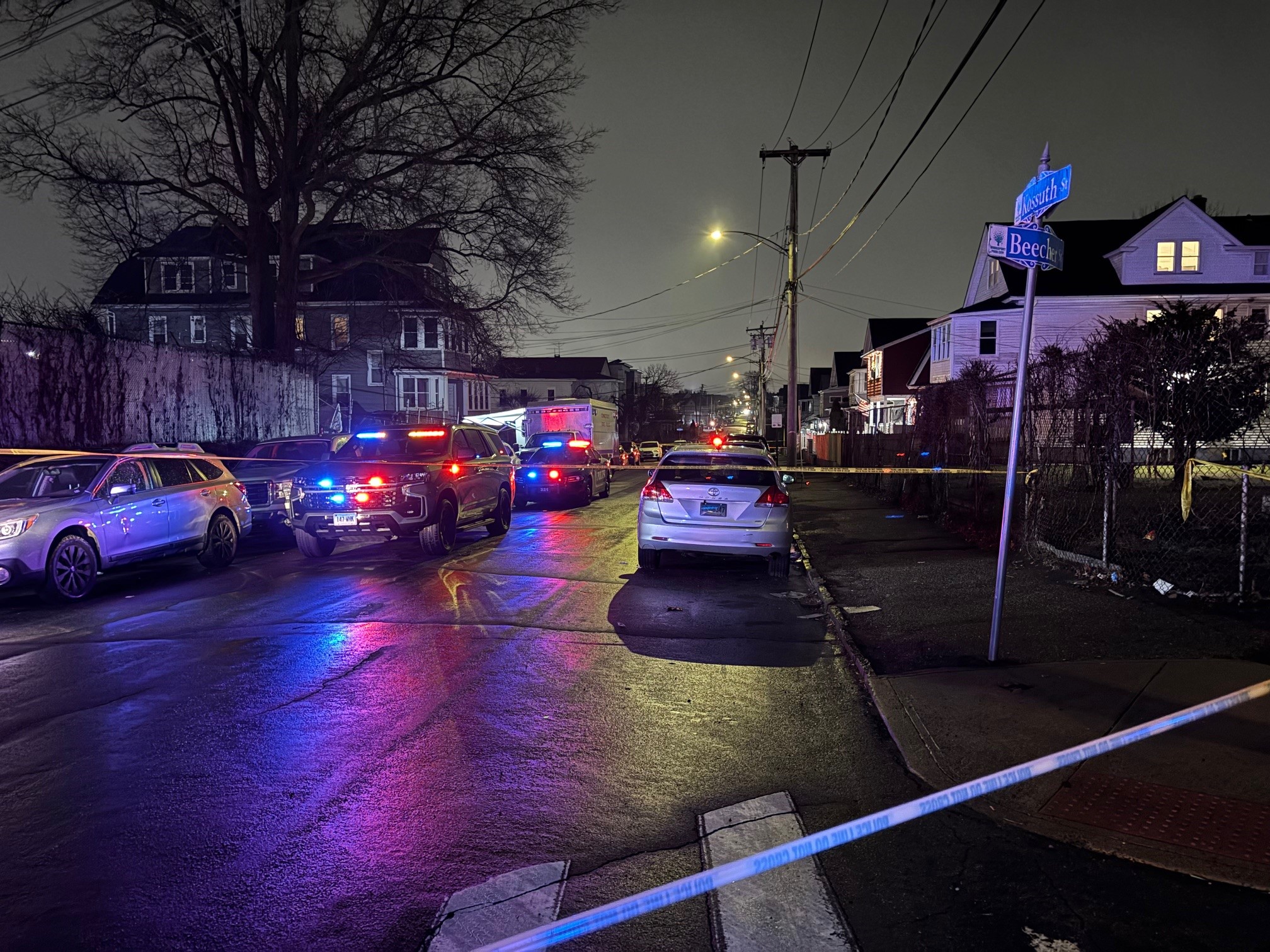The 2024 International Overdose Awareness Day was held on Friday at the New Haven Green.
The 2024 International Overdose Awareness Day was held on Friday at the New Haven Green.
At the event there were more than 30 pop-up tents with local organizations providing information on the resources available to people experiencing homelessness, mental health issues and drug addiction.
Phillip Costello, clinical director of healthcare for the homeless department at Cornell Scott-Hill Health Center is one of the people who began this event 8 years ago, he shared what motivated him back then.
“For me was the personal relationship with the person who are dying, knowing those people and that they are struggling with a disease,” Costello said.
Get top local stories in Connecticut delivered to you every morning. Sign up for NBC Connecticut's News Headlines newsletter.
One of the resources available at the event he stressed the most was Narcan.
“Narcan is the lifesaving drug that has no other side effects, that if administered to somebody that has stopped breathing from an overdose, can be actually saved,” Costello said.

In the City of New Haven there were 116 overdose deaths in 2023, according to the city’s health department.
Local
Tempestt Latham, the health programs director with the New Haven Health Department, said there are two drugs causing higher overdose deaths: fentanyl and Xylazine.
“As we know fentanyl is 10 times to 50 times stronger than any of the other drugs individuals are using and it has been mixed in with their opioids unbeknownst to them. Another one that is also making a big prevalence here and causing a lot of skin manifestations as well as giving a tranquilizer type appearance is that of Xylazine. Xylazine is actually an animal tranquilizer that has been mixed with opioids unbeknownst to users which is unfortunately causing higher deaths of overdoses,” said Latham.
One of the non-profits at the event was For Cameron out of New Haven.
Fiona Firine started the non-profit after her son Cameron died from fentanyl poisoning in 2018.
She said at first her family did not talk about what had happened to her son, but after realizing how big of an issue it was in the community, she began to advocate for the lives of others.
“We felt that we now had a responsibility to educate people; this can happen to anybody, any family, any person, this is not a, 'that’s them, this is us,' this affects everybody,” said Firine.
The state of Connecticut secured $15,000,000 to fight the opioid crisis, according to Senator Richard Blumenthal.



